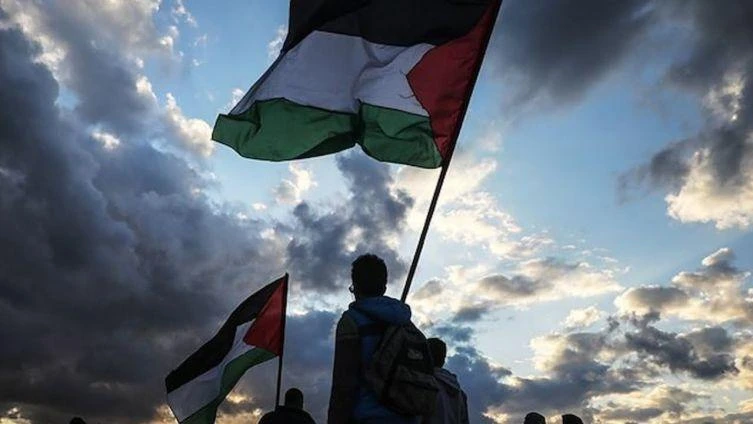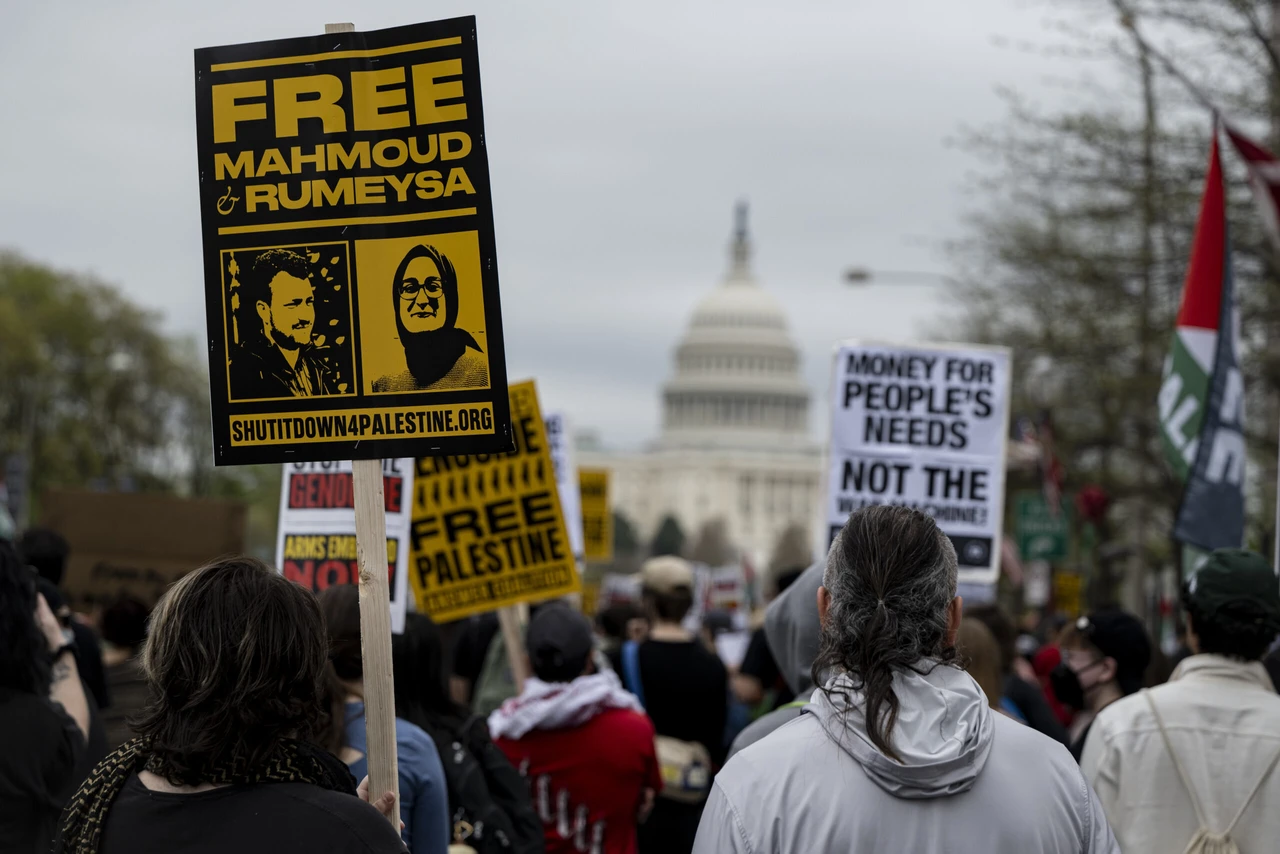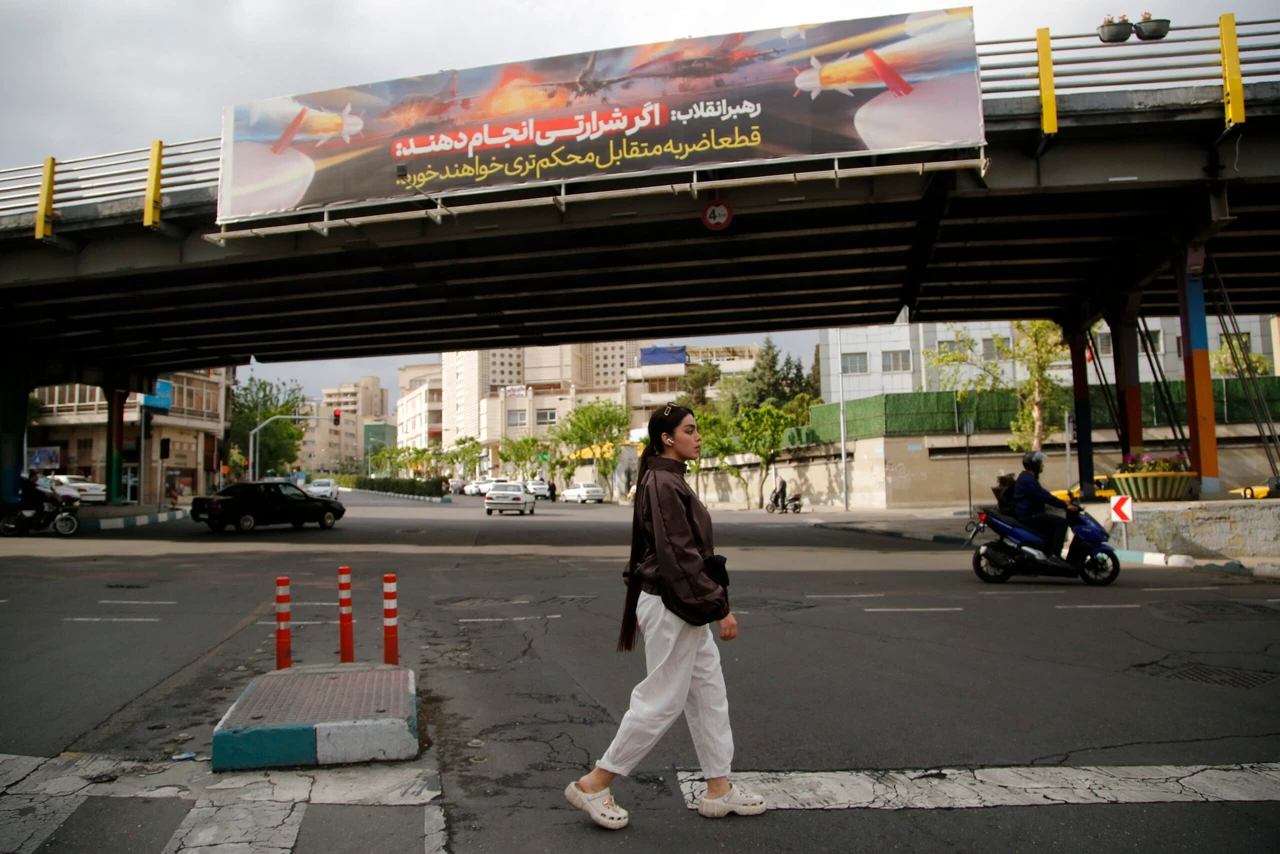Slovenia to recognize Palestinian State, pending parliamentary approval

The Slovenian government Thursday adopted a resolution recommending that the National Assembly recognize Palestine as an independent and sovereign state.
The Members of Parliament (MP) are expected to decide on this issue in an extraordinary session on Tuesday next week.
Speaking to reporters after the session, Prime Minister Robert Golob said they had decided to recognize Palestine as an independent and sovereign state with 1967 borders in accordance with international law and relevant United Nations Security Council (UNSC) resolutions.
The government has told both sides, Israel and Palestine, that it wants an immediate cessation of hostilities and the immediate release of the hostages, Prime Minister Robert Golob said.
“The message of recognition is not against anyone, it is a message of peace,” he added.
Even as a non-permanent member of the United Nations Security Council (UNSC), Slovenia has always warned that the current situation is unsustainable. The Slovenian government said in an explanatory memorandum on the proposal submitted to the National Assembly for the recognition of Palestine that there is a serious danger of escalation in the region due to the unresolved Palestinian question.
‘Slovenia to continue its efforts for peace’
“Slovenia will continue its efforts to achieve peace and security in the wider region, which is in its strategic interest, and to revitalize the Middle East peace process,” the Slovenian government said.
By recognizing Gaza, as stated, Slovenia would send a strong political signal that Israel’s disproportionate military aggression, which has so far caused material destruction and an unmanageable humanitarian crisis, must end as soon as possible.
Meanwhile, Spain, Norway and Ireland also officially decided to recognize Palestine on May 28.
Situation remains dire in Gaza
The situation in Gaza remains dire as Israel continues its brutal offensive, which has resulted in devastating casualties and widespread destruction. With over 36,170 lives lost and 81,400 individuals injured, the toll on civilians is staggering.
The prolonged conflict has left vast areas of Gaza in ruins, exacerbating an already dire humanitarian crisis marked by severe shortages of essential supplies like food, water and medicine due to the blockade imposed by Israel.
Additionally, Israel faces accusations of “genocide” at the International Court of Justice (ICJ), further highlighting the gravity of the situation and the urgent need for international intervention to address the ongoing violence and humanitarian catastrophe in Gaza.



